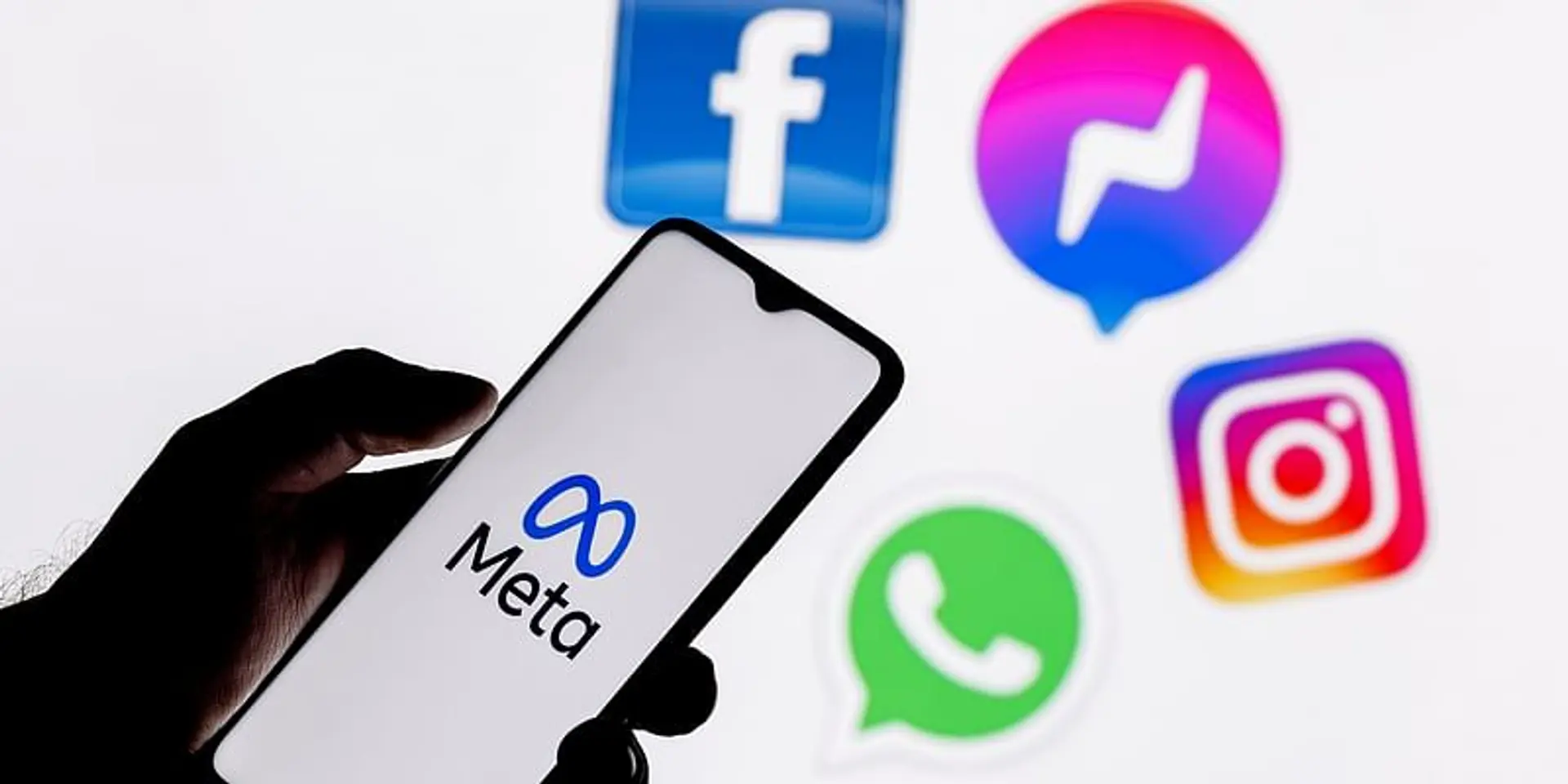Digital Personal Data Protection Act has brought clarity for tech cos, says Meta India head
Meta is determined to crack down on misinformation on the platform and is harnessing AI to curb hateful content, said Sandhya Devanathan, Vice President of Meta in India.
sees India as a "priority market" with "limitless" possibilities, buoyed by macroeconomic growth, digital infrastructure, and the popularity of its apps such as Facebook, WhatsApp and Instagram, said the social media company's India head Sandhya Devanathan.
In an interview with PTI, Devanathan, who took over the leadership role in January, said India's new Digital Personal Data Protection legislation has provided a framework and clarity for tech companies and marks a "great step in balancing user protection with innovation".
Meta, she emphasised, "welcomes constructive regulations" and will wait to see the detailed rules.
Devanathan, Vice President of Meta in India, also spoke of the company's determination to crack down on misinformation on the platform and outlined how it is harnessing AI (artificial intelligence) to proactively curb hateful content.
Meta will continue with its election integrity efforts, as India heads for Lok Sabha elections next year, she said.
India is among Meta's largest user bases globally; it had 400 million Facebook users at last count and is growing.
Overall, the possibilities offered by the Indian market are "limitless", backed by strong macroeconomic fundamentals, digital public infrastructure, and other factors, said Devanathan.
For Meta, India is also one of the most engaged markets in short-form videos, both in terms of creation and consumption of Reels, Devanathan said.
"Meta India is innovating for Meta globally" and there is also a massive momentum in small businesses using Meta platforms and tools, she added.
A significant number of businesses in India are on Meta, using its platforms to set up their first presence on the internet and to find and communicate with customers, she pointed out.
To a question on Facebook losing appeal among teens and young adult users across key markets, signalling a clear shift in preferences, Devanathan asserted that Facebook continues to see traction and relevance among users of all age groups.
"India is a huge priority market for the company. So, India has one of our largest user bases, be it on Facebook, Instagram, or WhatsApp.
"But equally, India is also the place where we test a lot of what we roll out globally as well. It has also been where we develop a lot of our innovative products and that investment will continue," she said.
India's vision of a $1-trillion digital economy by 2030 is a significant tailwind for opportunities, she noted.
"And that number is going to mean that tech companies will have tailwinds of a growing economy.
"Equally, you are looking at almost a billion people on the internet in not the very distant future, of which 400 million are expected to shop online ... Also look at the video consumption numbers ... So there is this huge headroom not just for Meta, but for a whole lot of other companies as well," she said.
Moreover, the advertising dollars as a percentage of GDP is one of the lowest for India compared to other markets. That number for the US is at about 1.9% with India at a sub 0.5%.
Meta sees India as a "huge priority market" to innovate, engage with users, and for its business to grow.
"Facebook has actually a very thriving active community. So, I would debunk any myth ... in terms of Facebook's numbers ... We just announced a few months ago that the daily activities on Facebook are growing, and just touched 2 billion and that's a huge number of daily activities that we reported," she said.
On the new regulatory framework emerging in India—the Digital Personal Data Protection (DPDP) Act, the Digital India legislation in the offing, and existing social media rules—she said Meta welcomes "constructive" regulations.
"What DPDP has done is, it has provided a framework for tech companies to operate in and has provided clarity. We are waiting for the rules to get written out. But I would say that this is a great step in balancing user protection with innovations ... because that is what will power India techade. So we welcome constructive regulation and let's see where we go from here," she said.
India is one of the biggest markets for social media companies such as Meta, , and X (formerly ), with its booming smartphone sales and availability of dirt cheap data supercharging growth for digital platforms.
That said, social media companies, over the past years, have drawn flak globally and in India over issues of user harm and the circulation of misinformation, hate speech, and fake news on their platforms.
There is also a growing discontent among a section of users who allege that digital platforms have been indulging in arbitrary acts in taking down content or not responding fast enough to grievances, despite users red-flagging them.
Devanathan said Meta is using AI in a big way to combat misinformation.
"Almost 85% of content that we can classify as harmful is removed by AI before it even hits a human being to moderate," she said, adding that this marks use of technology for good.
In India specifically, Meta has content moderators (in over 20 languages) actively looking to see what they can do to make sure that harmful content doesn't stay up on its platforms.
"We have partnerships with 11 fact checkers across multiple languages. It is the largest partnership we have for Meta globally, where we have third-party fact checkers, fact checking on the platform," she said.
Edited by Swetha Kannan








